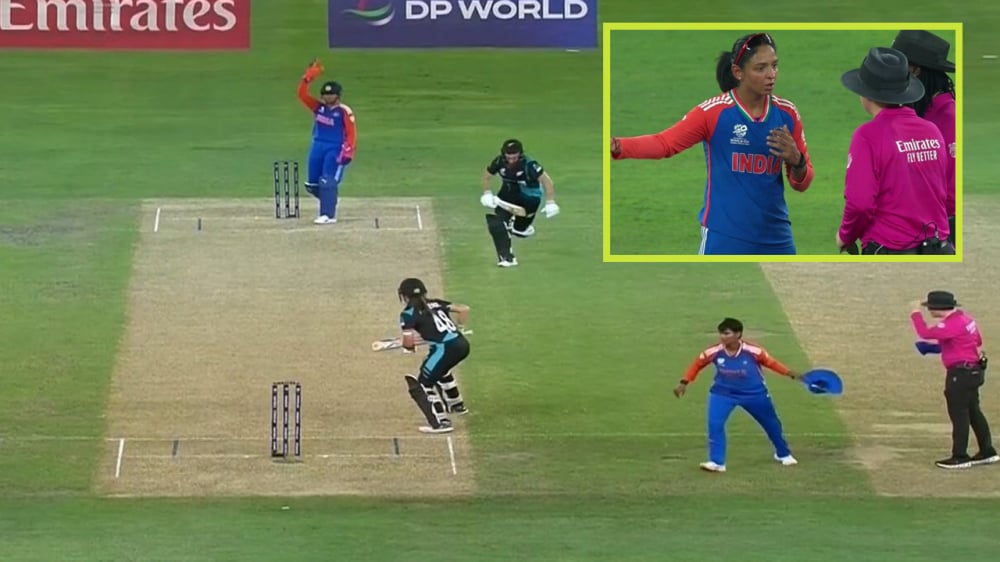
The Indian women's team lost to New Zealand in its first match of the ICC T20 World Cup. The match was mired in controversies due to the umpire's decision and the discussion about the Indian captain. The Indian captain looked angry and scuffled with the umpires at the Dubai International Stadium. There was controversy over the run out of New Zealand's Amelia Kerr during the first innings. After giving a dead ball, the umpire did not consider it as run out. We will explain to you what the dead ball law says.
Controversy regarding run out
Something happened on the last ball of the 14th over of New Zealand's innings that a controversy arose. On the last ball of the over, Amelia punched Deepti Sharma's length ball towards long off and took a run. Harmanpreet caught the ball comfortably near the boundary and was slowly moving forward with it. Then he saw the New Zealand batsman running for the second run and he threw the ball straight to wicketkeeper Richa Ghosh. He handled the ball without making any mistake and took the wicket. The New Zealand batsman was heading towards the dugout when the third umpire stopped him. The whole controversy is about what happened next.
In fact the over was completed and when the ball reached Harmanpreet he was declared dead. When this incident happened after completing the over, Deepti snatched her cap from the umpire's hand. The throw came and Richa knocked down the stumps and India thought they were run out. The umpire had already declared it a dead ball, so New Zealand's second run was disallowed and not run out.
What does the dead-ball rule say?
In the India-New Zealand match, when the umpire declares the ball dead, the batsmen should not run. According to Law 20 relating to dead balls, section 20.1 states: “The ball shall be deemed dead when it appears to the umpire at the bowler's end that both the batsman on the fielding side and the batsman at the wicket have not considered the ball. play. The fielding side will not bowl the ball for the wicket and the batsman will not attempt to score runs. Even if a run is scored, the run will not be scored if the ball is declared dead.
 look news india
look news india
